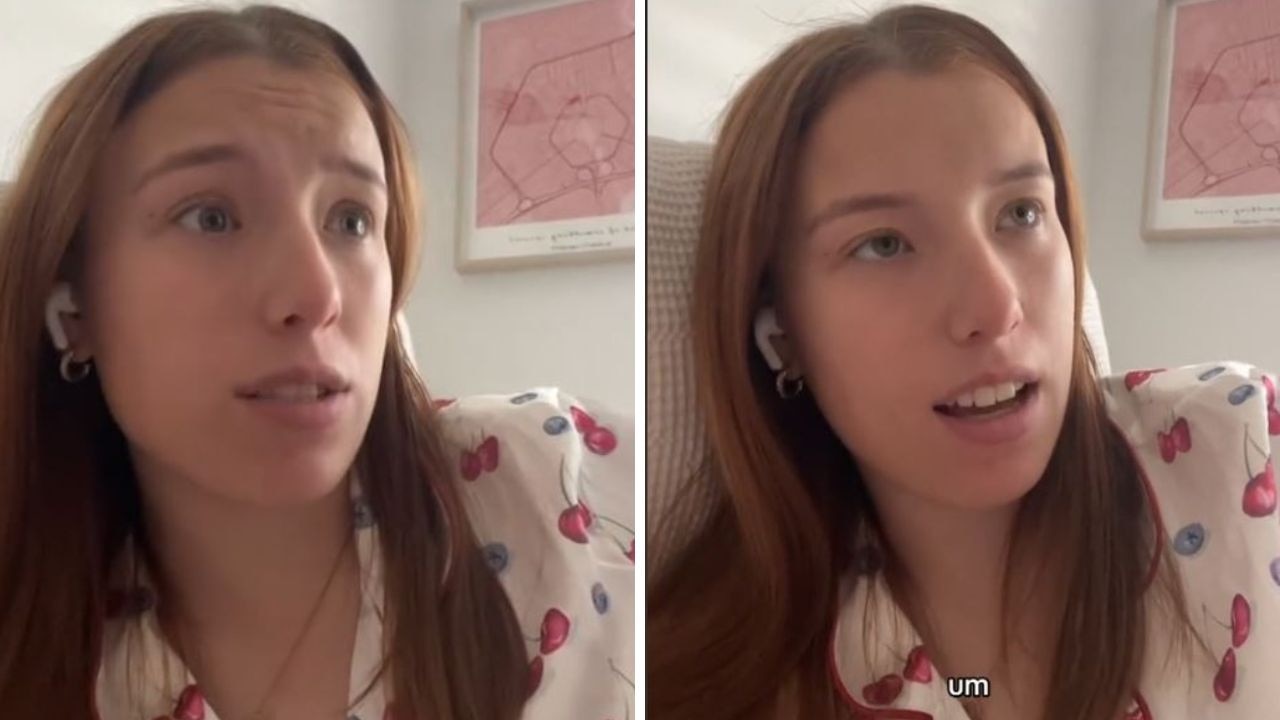Ashleigh Griffiths has been left “stressed” after her Centrelink claim was rejected because her doctor mum earns too much.
Ms Griffiths, 20, lives in Canberra with her single mother, who is a GP. A young Australian is studying medical radiation science at university. She used to work part-time and pay family pension, but then she suffered injuries to both legs, which made her unable to work.
She had never needed to apply for government support before, but after she injured herself, she found she needed it.
“I can’t work for medical reasons.” “I applied for jobs in the office, but unfortunately, when they find out that I have crutches, they don’t call me,” she said.
Seeing no alternative, she decided to apply for youth allowance. It is an income support payment provided by the government. To be eligible, you must be a full-time student and be between the ages of 18 and 24.
The young Australian thought she was in the perfect position to apply for the payout, but her application was rejected.
“My claim was denied because I live at home and my mom makes too much money,” she said.
Ms Griffiths told nevs.com.au that she worked part-time as a cleaner, but after breaking both legs, she was unable to cope with such demanding physical work and needed at least three months to recover.
She thought she could apply for Centrelink payments and that would help her until she was able to work again, but her mother’s income prevented that.
Ms Griffiths said she was informed by Centrelink that if a parent earns more than $90,000 it may affect her application and her case.
“This may seem like a lot, but in my opinion, especially given the cost of living at the moment, it’s not a lot,” she noted.
The result left her “annoyed” and worried about her financial future.

In Ms Griffith’s case, because she is single, over the age of 18 and lives at home with her parents, the maximum amount she would be entitled to for two weeks would be $455.20.
It’s not a lot of money, but it would be enough for her to support herself and not burden her mother financially.
Ms Griffiths said she was frustrated with the result because her mum was not supportive and had told Centrelink as much.
She said that despite still living at home, she pays for her board, all her medical appointments, her phone bill and her university textbooks.
The denial was upsetting.
“It looks like 12 weeks without any income.” Which is so s*b, horrible and really boring,” she said.
The young Australian said her claim was refused because she was “quite stressed” and, while she is happy to still be at home, she is frustrated that she cannot access government support when she needs it.
She said that although her mum can survive for three months without her contributing to the household, it still puts “extra pressure” on her.
“As a single parent working 50+ hours a week. “It’s always hard, but it makes it so much worse,” she said.
Ms Griffiths said her current financial burden will also have many effects on her, and it is not as simple as being broke for a few months.
“I will use my savings to pay for my surgeries and consultations.” It will be difficult, but we will work through it as a family,” she said.
Part of the problem is that no payment is available that fits her circumstances.
“I was applying for medical reasons and none of the payment requests seemed to match what I needed. I did not ask for long-term support. “I needed short-term support for medical expenses,” she said.
“I’m also studying for a degree which requires a lot of work, so not being able to work for 12 weeks and being denied a little financial support from the government has put me under huge mental stress about how I’ll be able to afford my employment at the start of next year .”
Ultimately, Ms. Griffiths thinks the system needs to be fixed.
She is a young Australian studying and preparing to become a taxpayer for the rest of her life, but the government is not helping her along the way.
“I believe it shouldn’t be based on your parents’ income either and that people, especially 18 to 22-year-olds, should be able to get support based on their income, not their parents’,” she argued.

